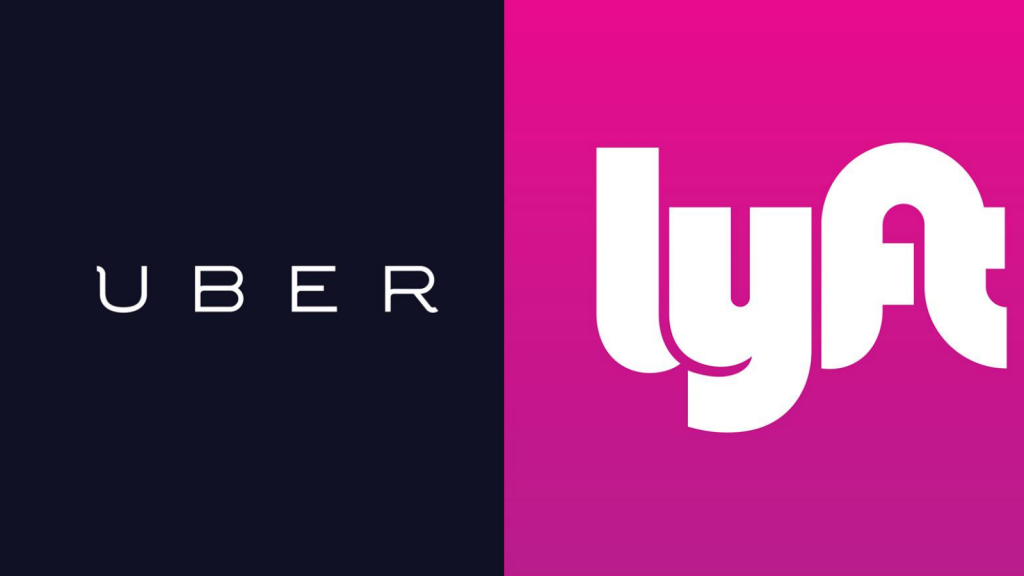
Lyft & Uber Sexual Assault Lawsuit
Ride-share services, like Lyft and Uber, have quickly become a popular means of transportation over the past several years. Both Lyft and Uber companies have been hailed for their ability to help passengers resist the urge to drink and drive, as they are known for being quick and easily accessible. Simply open your app, input your location, and a driver will arrive to you in a short time frame! Unfortunately, Lyft and Uber sexual assault lawsuit cases have been the source of much controversy in recent years. Like most things in life, if it sounds too good to be true, it probably is. Tragically, thousands of Americans have suffered from Lyft and Uber sexual assault either during or after their rides, with the vast majority of sexual assault reports coming from female passengers. A good number of passengers have recently filed lawsuits against the popular ride-share companies, Lyft and Uber. And as a result, both companies have received public pressure to release reports regarding sexual assault data, as well as to implement immediate safety measures to better protect passengers. If you were sexually assaulted during an Uber or Lyft ride, you may have grounds to seek financial compensation through a Lyft or Uber sexual assault lawsuit. At Reich & Binstock, our Houston sexual assault lawyers have extensive experience litigating on behalf of sexual assault victims. By filing a claim in civil court, you may have an opportunity to be compensated for harm inflicted on you, as an innocent passenger. Our Houston sexual abuse attorneys will fight on your behalf to obtain the compensation you deserve. Our law firm provides counsel for sexual assault victims across the United States.
Legal Claims
Sexual assault lawsuits against Lyft and Uber generally involve the following claims:
Negligence: Plaintiffs often argue that Uber and Lyft were negligent in their duty to ensure the safety of passengers and drivers. This includes failure to properly screen drivers, inadequate safety protocols, or failure to address past complaints of misconduct.
Failure to Provide Adequate Security: Many lawsuits claim that Uber and Lyft did not do enough to ensure the physical safety of passengers, such as failing to implement better monitoring, GPS tracking, or emergency protocols.
Inadequate Background Checks: Some legal actions center around the claim that Uber and Lyft failed to perform sufficient background checks on drivers, leading to assaults committed by individuals with a criminal history or prior allegations of misconduct.
Vicarious Liability: This claim holds Uber or Lyft responsible for the actions of their drivers, even though drivers are classified as independent contractors. Plaintiffs argue that Uber and Lyft should be liable for incidents that occur while the driver is working, as they control and facilitate the rides.
Breach of Duty: Uber and Lyft have a legal obligation to provide a safe environment for users. Lawsuits argue that these companies failed in this responsibility, allowing unsafe incidents, such as sexual assault, to occur.
